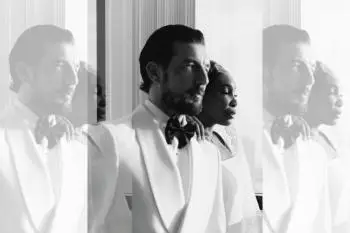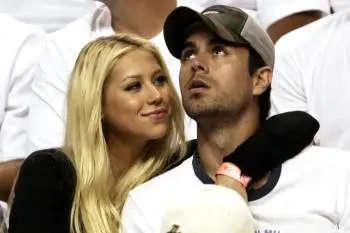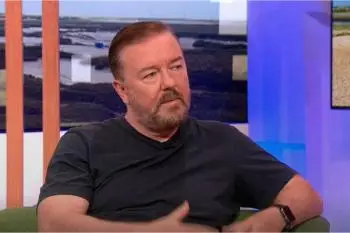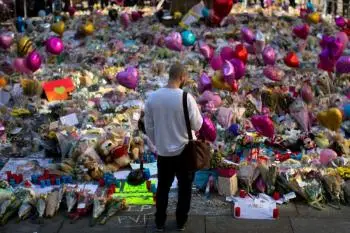IRELAND THREATENS TO PULL OUT OF EUROVISION 2026
- Oasis FM
- 12-09-2025
- Showbiz News
- Photo Credit: Eurovision
The build-up to Eurovision 2026 has been hit with major controversy after Ireland announced it is prepared to pull out of next year’s competition over Israel’s participation.
In a strongly worded statement, Ireland’s national broadcaster RTÉ confirmed it would refuse to take part in the contest if Israel is included in the line-up, citing ongoing concerns about the war in Gaza.
“RTÉ will not participate in the 2026 Eurovision Song Contest if the participation of Israel goes ahead,” a spokesperson said. “This is in response to the appalling loss of life in Gaza, the targeted killing of journalists, and the continuing humanitarian crisis affecting thousands of civilians. We also acknowledge the plight of hostages still held by Hamas.”
The 2026 edition of the contest is scheduled to be held in Vienna, Austria, after Austrian singer Johannes Pietsch secured victory earlier this year. But tensions are rising quickly, with RTÉ’s announcement likely to spark further debate among other national broadcasters.
Ireland has one of the longest and most celebrated histories at Eurovision, with a record seven wins. The country’s withdrawal would be a significant blow to the competition, as Ireland has been a fixture in the contest since its debut in 1965.
Ireland is not alone in its stance. Spain, Iceland, and Slovenia have already indicated they may follow suit and pull out of the competition if Israel is allowed to compete. The moves come as the European Broadcasting Union (EBU), which organises Eurovision, continues to face pressure to address the controversy and decide whether to ban Israel from next year’s event.
This isn’t the first time political tensions have overshadowed Eurovision. The contest, which prides itself on being a celebration of music, unity, and culture, has often been caught up in global political disputes. Calls to boycott countries over human rights issues have occurred before, but a multi-nation withdrawal could present a major crisis for the organisers.
Fans have taken to social media to debate the decision, with opinions divided. Some have praised RTÉ’s stand as a moral statement in solidarity with Gaza, while others argue that politics should be kept separate from a music competition.
 Yuval Raphael flew the flag for Israel at this year's song contest in Switzerland – Credit: EPA
Yuval Raphael flew the flag for Israel at this year's song contest in Switzerland – Credit: EPA
The EBU has yet to issue a final ruling on Israel’s participation, but with multiple countries now threatening to boycott, organisers will need to make a decision soon to avoid widespread disruption to the 2026 show.
If Ireland follows through on its threat, it would mark the first time the country has voluntarily sat out of Eurovision since joining more than six decades ago, underlining just how seriously RTÉ is taking the issue.
Eurovision 2026 is set to take place in Vienna next May, with participating countries expected to submit their acts and entries later this year.


























